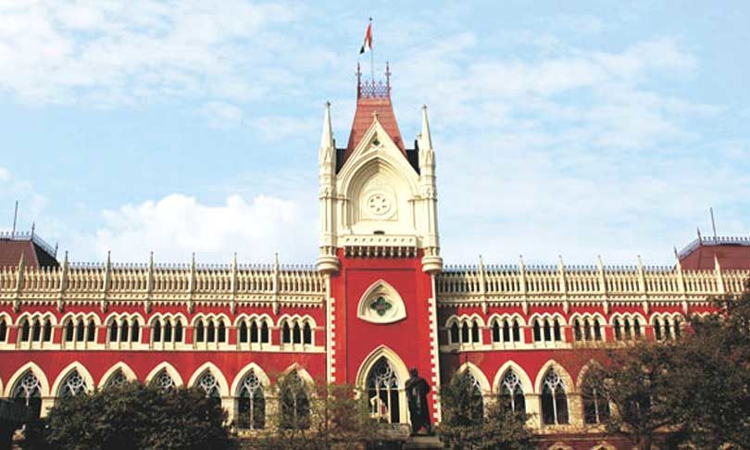The High Court of Calcutta has held that no direction can be passed to sell property to third party in Section 9 petition of the A&C Act The Single Bench of Justice Moushumi Bhattacharya has held that a direction to sell the subject property to an outsider who was not a party to the arbitral proceedings would result in the property going out of the girdle of the arbitration and...

